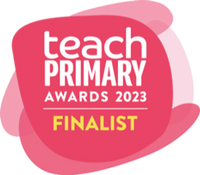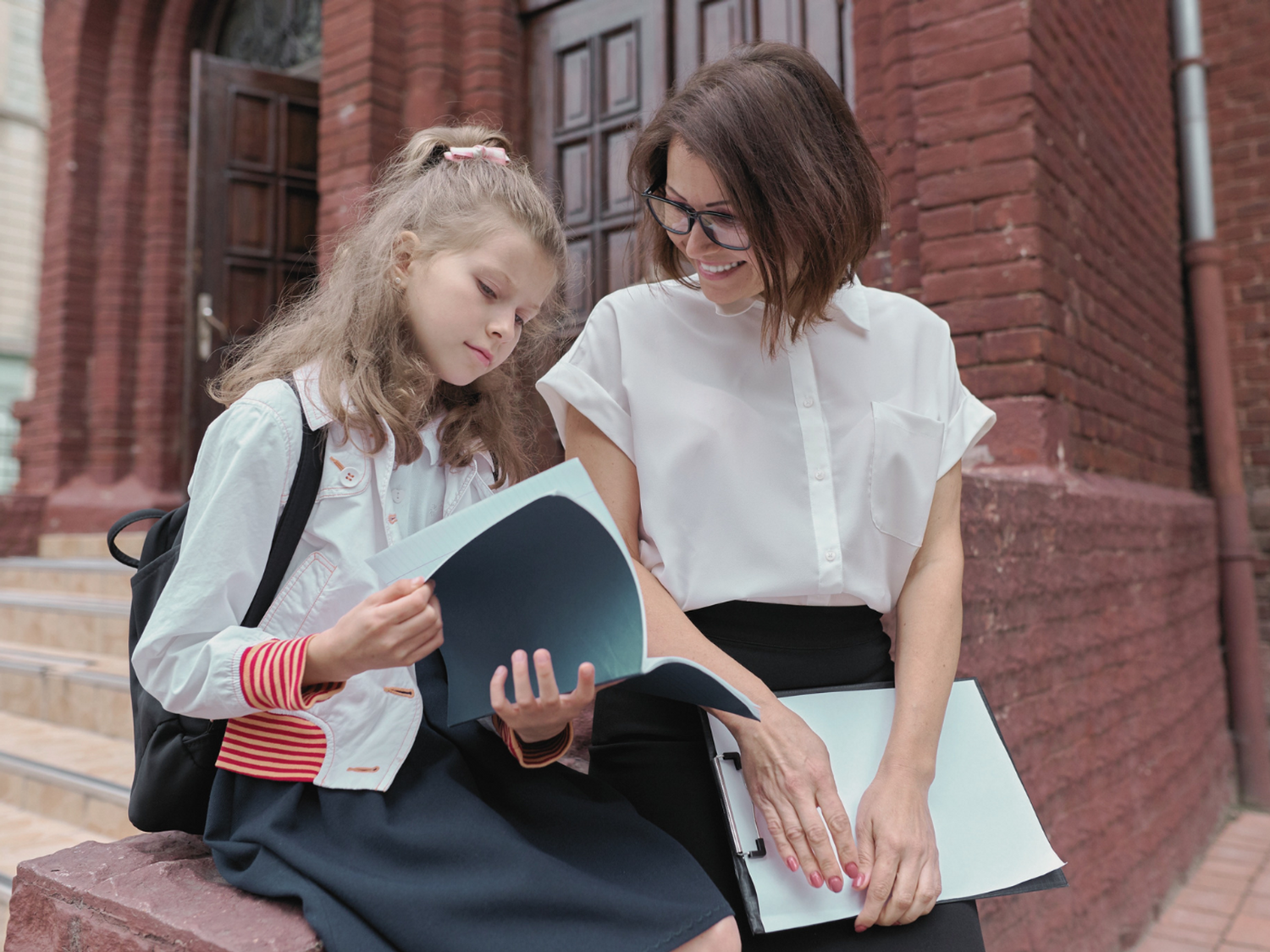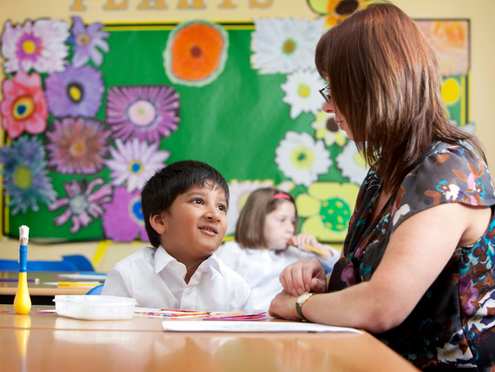While much research has been conducted in to language acquisition in early years education, and also in primary education, how learners continue to learn language in secondary schools remains less well documented. Considering the noise around literacy improvement within schools, research about this link feels conspicuous in its absence.
The link between oral language and reading
Dr. Jessie Ricketts, one of the lead researchers posted a fascinating blog a couple of weeks ago that questioned the link between oral language and reading, and importantly, whether learning to read affected oral language acquisition, for better or worse. She referred to Uta Frith’s (1998) assertion that learning to read "infects" the way we process sound.
Frith maintains that if a learner has difficulties in processing written language, such as if they were dyslexic, then they would also experience phonological difficulties as a consequence. As Ricketts writes, "There is …overwhelming evidence that phonological abilities drive progress in early reading."
As a result of this, the gap between learners who are strong readers and those who find reading difficult continues to widen.
Ricketts, referring to her own research, as well as that of Ehri and Wilce (1979), offers some strategies to minimise this effect. She posits that once learners have learned to read, their knowledge of written words (orthography) will help them process spoken language, as well as written language.
What does the research mean?
So what does this mean for the classroom? It seems obvious, but when introducing a new word, ensure that learners can see the writing of it, as well as hearing it spoken. It will benefit everyone in the class.
This week, in a reading intervention session with a Year 8 student, I experienced the reverse: the impact of oral language on reading. The learner in question has been diagnosed with dyslexia and finds the very idea of reading stressful and upsetting. She finds decoding difficult, irregular words cause particular distress and she has problems with following sequences.
What she does have in her armoury, however, is an incredibly developed oral vocabulary. I know this is by no means unusual, but when reading Rickett’s blog about how reading can negatively affect oral language, it immediately made me think of this learner and how her oral language was her scaffold and support network, the one thing she felt she could rely on when reading.
She would read the first few phonemes or digraphs of a word and if she was struggling with decoding the rest of the word, could take an educated guess based on her relatively extensive oral vocabulary.
At first I thought that this probably wasn’t a clever approach; guesswork isn’t an effective reading strategy. But upon reflection, that’s what we all do when we come across a word we don’t know, isn’t it? We use the clues we can find in the text to guess at the unknown parts.
I’m always telling my learners to have a guess about what a word could mean, so how different is this learner's technique of using guesswork to decode?
Feel free to shout me down.
Anyway, I wonder whether any research has been done in to the relationship between oral language and reading from this perspective. i.e. has there been research in to the positive or negative effects of oral language on children with reading and writing difficulties? My hypothesis would be that, as a result of this learner's strong oral vocabulary, interventions to help support her with processing written language could be more effective.





